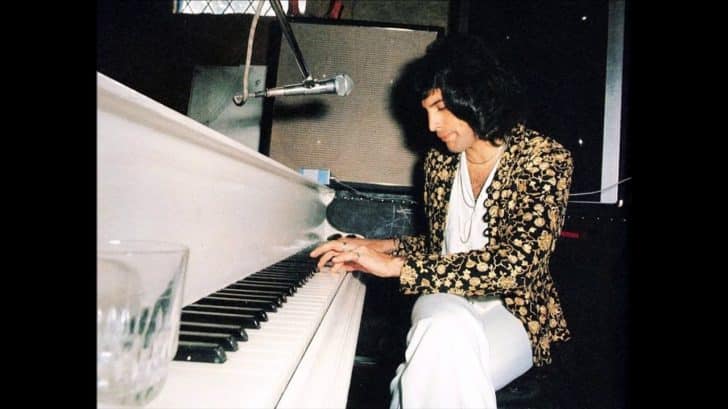When it comes to rock and roll, guitar solos and powerful vocals often take the spotlight. However, let’s not forget the often-overlooked but immensely talented keyboard players who have made significant contributions to the genre. We will rank five dynamic and enduring keyboard solos from epic rock songs.
“Jump” – Van Halen
Van Halen’s 1983 hit “Jump” showcased the band’s versatility beyond guitars. With its lively synth rhythm, the song’s keyboard solo, which kicks in around the 2:30 mark, is nothing short of face-melting. Eddie Van Halen, known for his guitar prowess, demonstrates his mastery of the keys and proves that he is a true multi-instrumentalist.
“Bennie and the Jets” – Elton John
Sir Elton John is a maestro on the keys, and his timeless hit “Bennie and the Jets” is a prime example of his skill. Released in 1973, the song features a brilliant descending piano line that immediately captivates listeners. At around 2:40, Elton John takes over with a lead solo, showcasing his virtuosity and cementing his status as one of the greatest pianists in rock and roll history.
“Bohemian Rhapsody” – Queen
“Bohemian Rhapsody,” the iconic 1975 track by Queen, is a masterclass in using piano in rock and roll. Throughout the song, Freddie Mercury, the legendary frontman of Queen, skillfully incorporates the keys as a central figure. The memorable piano riff at the end of the song beautifully complements the epic nature of the track, leaving a lasting impression on listeners.
“Light My Fire” – The Door
When discussing The Doors, Jim Morrison’s captivating presence often takes center stage. However, the band’s keyboard player, Ray Manzarek, played a pivotal role in shaping their unique sound. In “Light My Fire,” at the 1:30 mark, Manzarek’s keyboard skills take the spotlight, setting the mood and adding an unmistakable psychedelic touch to the song.
“Sweet Home Alabama” – Lynyrd Skynyrd
Lynyrd Skynyrd’s “Sweet Home Alabama” is a timeless classic, thanks in part to the provocative piano solo towards the end of the song. At around the 4:10 mark, Billy Powell takes over and wows listeners with some good ol’ ragtime-rock piano playing. Powell’s contribution to this country ode song adds an extra layer of charm and memorability.

